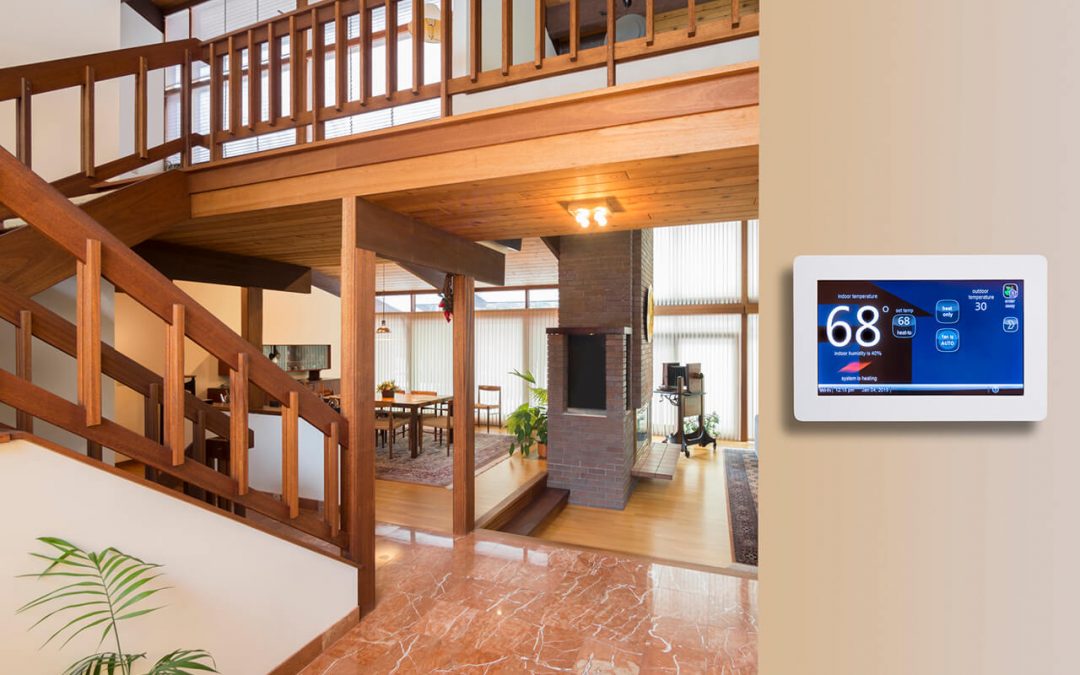Whether you want lower utility bills or are concerned about the environment, you’ll benefit from reducing your energy consumption. Save money, protect the environment, and still live a comfortable lifestyle while using these tips to save energy at home.
Unplug Appliances to Save Energy at Home
Televisions, microwaves, chargers, and computers are just a few of the devices that consume energy even when not in use. These devices draw small amounts of power when plugged into an outlet, which adds to your monthly energy bills.
Unplug appliances when you’re not using them to save energy at home and reduce your utility bills. Switch off the lights when you leave a room and get family members in the habit of doing so.
Buy Thermal Curtains
Even energy-efficient windows allow some air to enter your home during summer and winter. Because of this, your HVAC unit will work harder to maintain a comfortable indoor temperature. Overusing the heating and cooling system leads to a shorter life expectancy for the unit and higher utility bills.
Thermal curtains provide an additional layer of insulation over the glass. During summer, thermal curtains block the sun’s rays from heating your living space. In the winter, open the curtains during the day and close the curtains at night to keep your home comfortable.
Purchase Energy-Efficient Appliances
Modern appliances use less energy than older models and function more efficiently. When shopping for new appliances, look for those with the ENERGY STAR label. ENERGY STAR-certified products meet specifications set by the EPA and are the most energy-efficient models on the market.
Adjust the Temperature Indoors to Save Energy at Home
Adjusting the thermostat is an integral part of saving energy at home. Even if you own an energy-efficient heater or air conditioner, energy consumption depends on your chosen settings.
If you have a programmable thermostat, set the temperatures to adjust depending on your schedule. There is no reason to heat or cool your home when no one is around. You’ll see additional savings year-round by lowering your thermostat a few degrees in the winter and raising it a few degrees in the summer.
Check the temperature settings on your water heater. If it’s too high, the appliance uses more energy than necessary and costs you more money each month. Most homeowners find a water heater setting of 120 Fahrenheit is best for their home. Turning down the temperature can save you 6-10% on your utility bill.
There are numerous ways to save energy at home, from changing daily habits to investing in efficient appliances. Follow these tips to lower your energy bills, and you’ll save money every month.
Environmental Quality Inspection provides environmental testing services to customers in Rhode Island and Southern Massachusetts. Contact us to request an appointment.

